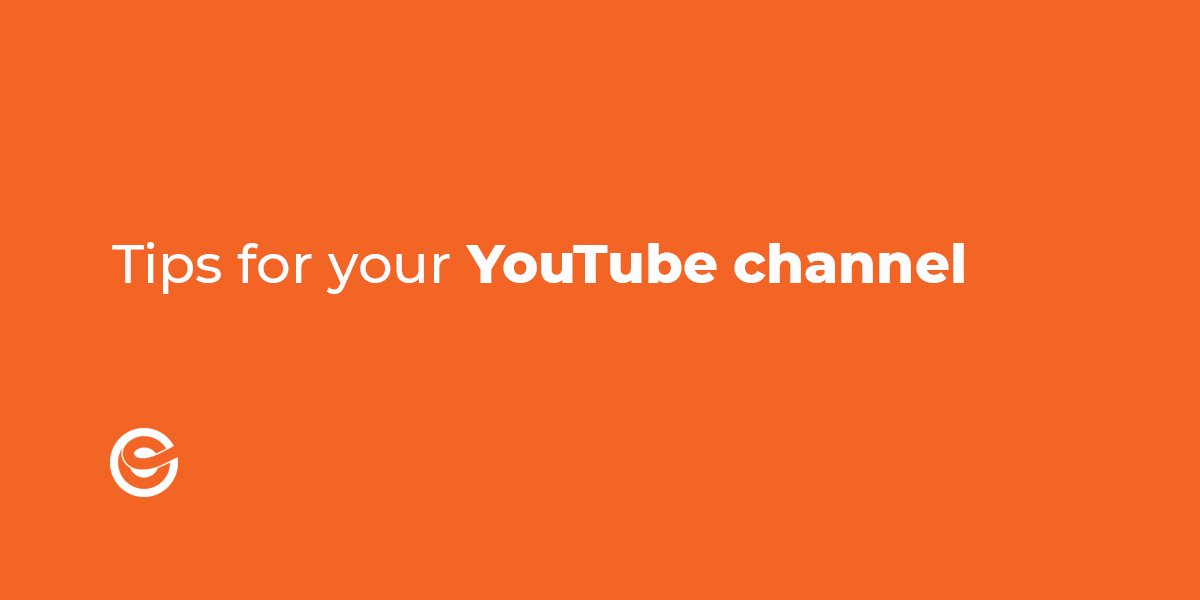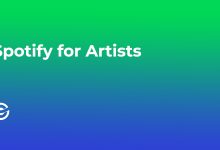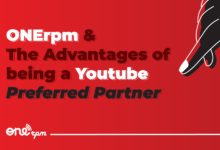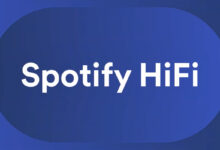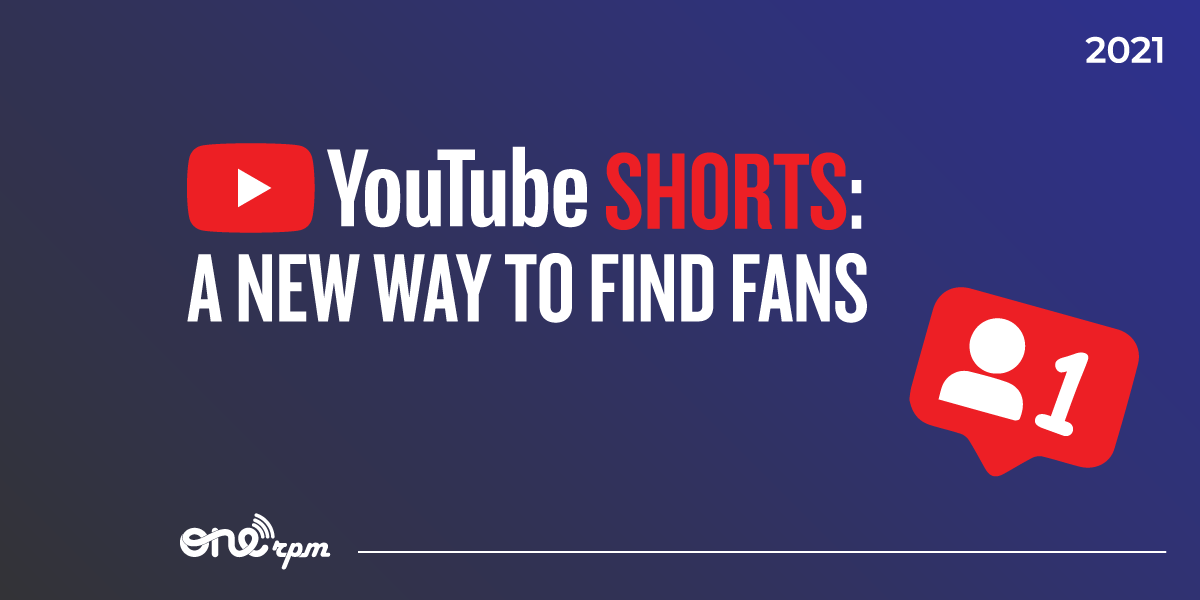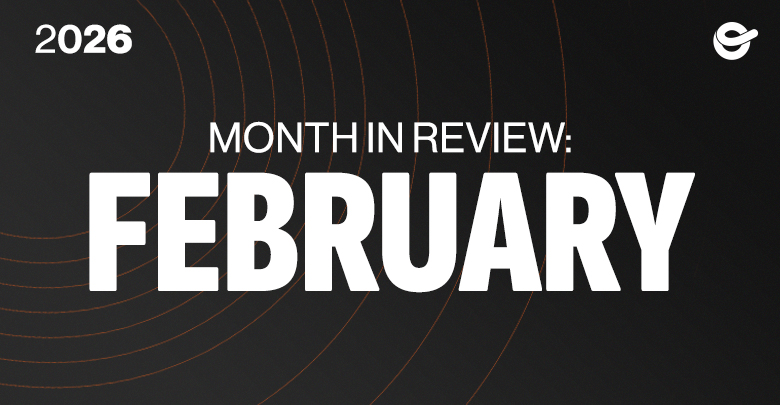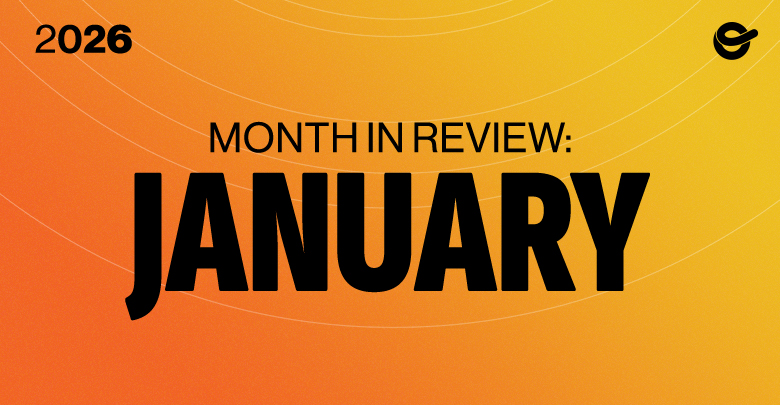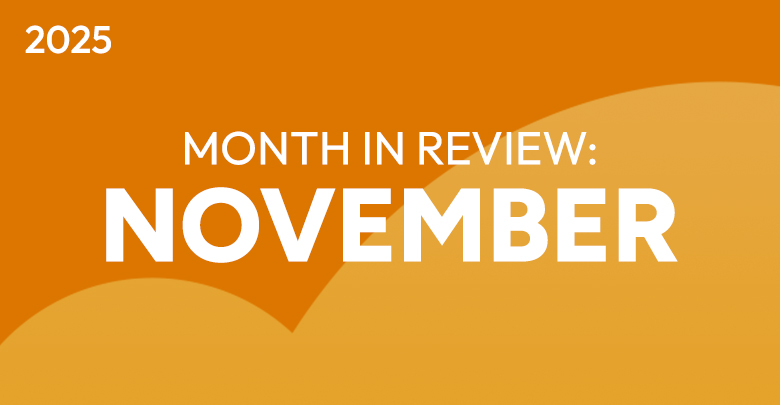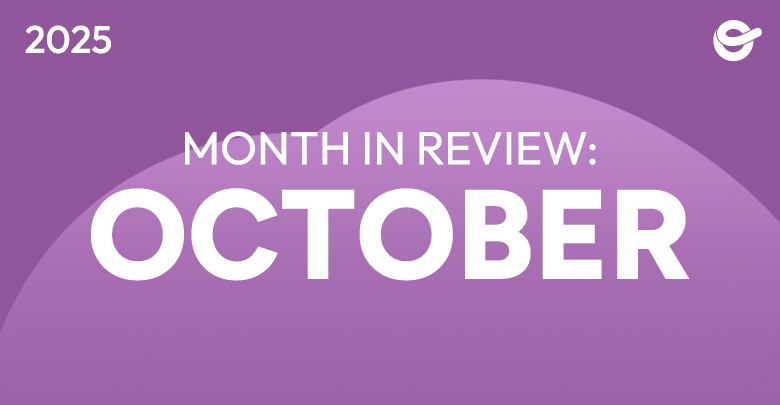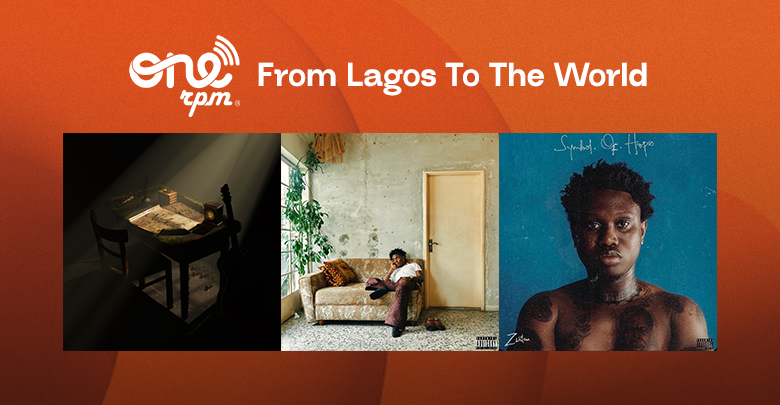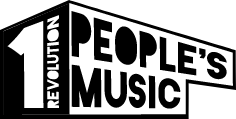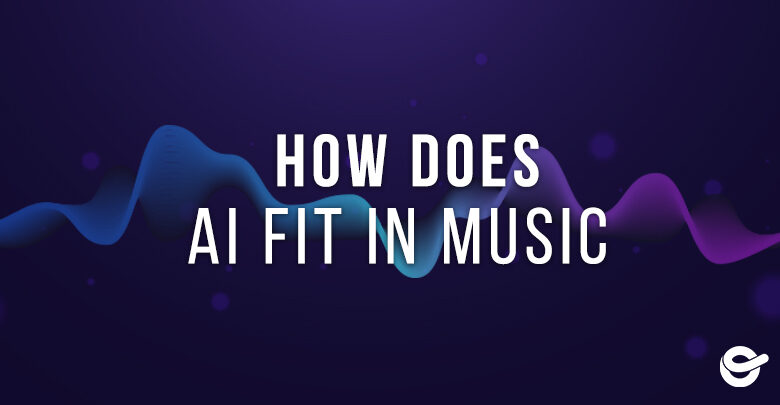
How Does AI Fit In Music
Will AI Put Artists Out Of Work?
Previously we covered the major players in AI and the music industry, but how should artists utilize artificial intelligence if at all? From remixing and sampling, to covers and chart-topping songs with hundreds of credited writers, music has never been adverse to sourcing pre-existing material, should AI be any different?
Will AI Put Artists Out Of Work?
There are a lot of whispers right now about AI putting artists out of work, but it’s important to realize that AI art is inherently derivative. AI is still a long way off from truly mimicking human creativity and originality, if that’s even possible.
And if it is possible, it’s unlikely that we’ll see robots completely taking over the world of popular music. Music is about human connection, and fans crave authentic relationships with artists. It’s why we follow our favorite musicians on social media or go see them play live in concert instead of just listening to their albums on repeat. Artists need to focus on building an authentic brand and building relationships with their fans. The best way to stand out in an AI-filled world is to be human.
That isn’t to say that AI isn’t going to threaten some revenue streams. Micro-licensing for stock music and beats could dwindle as brands gravitate towards royalty-free AI tracks to get around paying creators for their work. The problem there arises with the libraries that these AI models are being trained on — because if they’re scraping the web for the sum total of human knowledge to power their creations, at some point a question arises as to whether anything original has been created at all.
The Nature of Art
All this calls into question the entire nature of art itself. Take Rafik Anadol’s recent exhibit at MoMa in NYC, where he trained the AI on more than 130,000 pieces from the MoMa exhibit; in some ways, the data that he feeds in has taken on a more central role than the work that is exhibited at the end. As Anadol covered in an interview with the LA Times, where they touch on another piece of his, “Machine Hallucinations” that served as the backdrop for the GRAMMYs, the new world of building art with information reflects our very much in flux reality, where “everything is alive, in contrast to being frozen.”
This sort of question about the role of the Curator (as opposed to the Creator) should not be a new revelation for artists. After all, think here of any release by mash-up artist Girl Talk or before that, The Beastie Boys’ Licensed To Ill. Those samples had existed for years before the respective artists found new ways to present them. On an even more basic level, consider Damon Albarn’s recent revelation that Gorillaz’s hit song “Clint Eastwood” was directly taken from a keyboard’s presets. Or before that the Casio MT-40’s preset that gave birth to the entire genre of dancehall music.
A Powerful Tool
All that being said, AI is a tool. Use it! AI-powered plugins can make it easy for DIY artists to make professional-sounding tracks. Use AI as inspiration for album art, band logos, lyrics, or songwriting. AI music videos can be a great way to make custom visuals on a low budget.
In the same way that p5.js allows generative artists to produce new work from an initial set of Javascript code, these modern AI models allow musicians to start at a higher level of sophistication when they bring their perspective to bear on a piece – meaning that today’s neophytes have the opportunity to stand on the shoulders of giants and use their work not just as indirect influences, but to use their data as pigment with which to create.

As Picasso once said (or was it Banksy?), “bad artists imitate, the great artists steal.” While AI models will certainly continue to lift content from the web to train themselves, other models will increasingly improve at identifying exactly where that content was stolen from. In the same way that YouTube’s content ID system heralded a new concept of ownership for audio online, AI-generated music, full of AI-claimed samples, served up to listeners by AI-powered DJs on services like Spotify will in many ways make the work of the humans that curate what gets fed into the AI in the first place all the more important. So whether you, like Japanese director Hayao Miyazaki, “strongly feel that this is an insult to life itself” or like Anadol, you think “it’s a bright signal for the future,” AI is here to stay, and with it, a whole new world of opportunities and implications.
Looking for more? Check out all of the latest from the ONErpm blog here!


